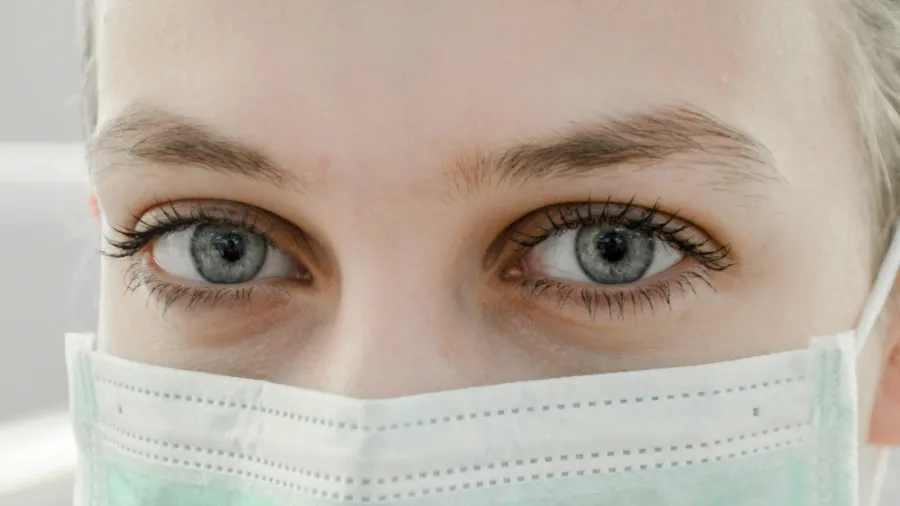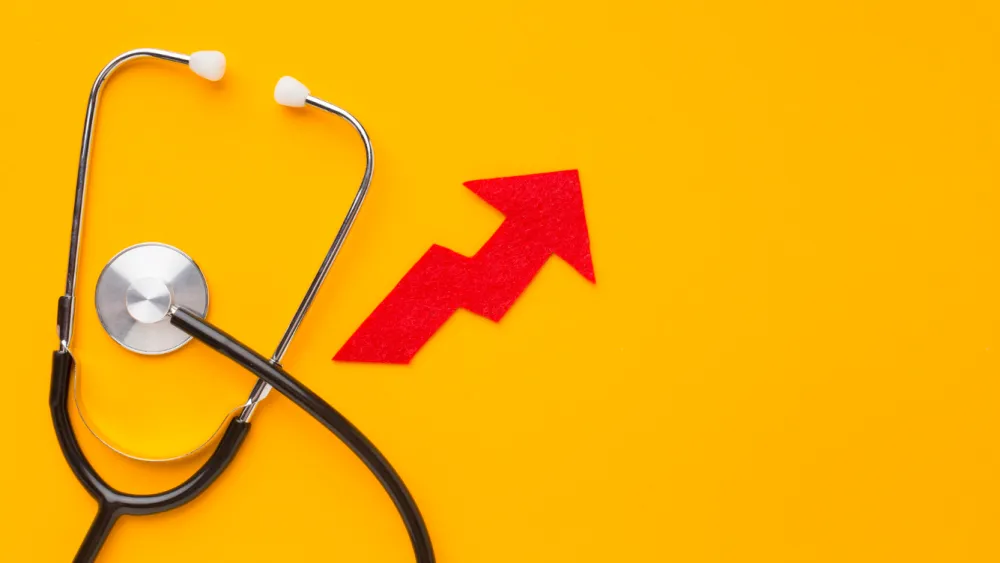
Addressing “poor health” among women will bring $1t to the world economy: McKinsey
Improvements to address “poor health” can save 137 million women every year.
Expansive measures to address “poor health” amongst women will help improve the lives of 137 million women annually and will contribute $1t to the world economy yearly by 2040, according to a report by McKinsey.
Women around the world have spent more in poor health than men. In 2019, women were projected to have spent 25% more time in “poor health” than men. Women are estimated to spend 12% of their expected 74.2 years of lifetime in "poor health," higher than the 9% of the expected 69.8 years of men.
“Poor health”, alongside any degree of disability, can affect regular activities for women, such as their ability to be present, their productivity in the workplace, and their capacity at home. Crucially, better health is linked to economic prosperity.
Women's health gap in the areas of effectiveness, care delivery, and data, is equivalent to 75 million years of life lost because of poor health or early death annually.
ALSO READ: SNUH launches customised treatment with transcatheter pulmonary artery valve implantation
"Addressing the gap could generate the equivalent impact of 137 million women accessing full-time positions by 2040. This has the potential to lift women out of poverty and allow more women to provide for themselves and their families," the McKinsey report read.
"Addressing the drivers of this gap—namely, lower effectiveness of treatments for women, worse care delivery, and lack of data—would require substantial investment but also reflect new market opportunities," it added.



















 Advertise
Advertise







